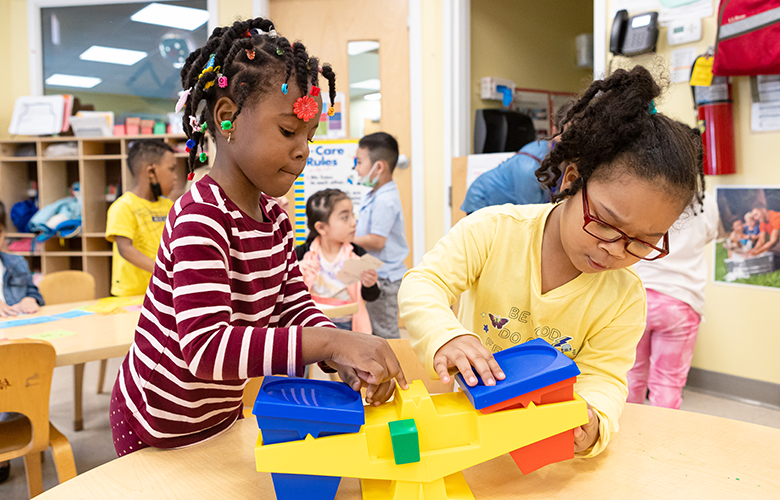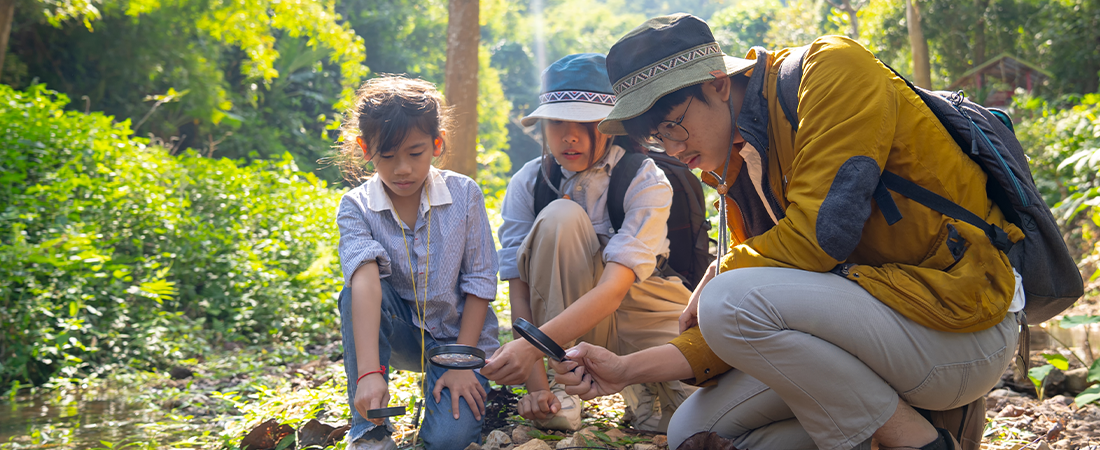Latin America & the Caribbean
EDC partners with education and industry leaders across Latin America and the Caribbean to improve learning outcomes, equip youth with market-aligned skills, and enhance well-being.

Overview
EDC partners with communities to design and implement equitable education and workforce development programs tailored to local needs.
Our basic education initiatives include interactive audio instruction (IAI)—a distance learning technology we developed—to reach learners in remote underserved areas. We work with local leaders to guide research-driven improvements in education, support early childhood learning and health, promote scientific literacy and citizen science, and advance substance misuse prevention. Through workforce development programs, we equip youth with market-aligned skills, offering evidence-based interventions that open new and positive pathways for young people.
Partnerships in Latin America & the Caribbean
Featured Project
USAID Youth Empower Activity in Jamaica
This project aimed to create sustainable, positive development in Jamaica with and for resilient youth and their communities to achieve their fullest potential and to support the prevention of youth crime and violence.
Read more






